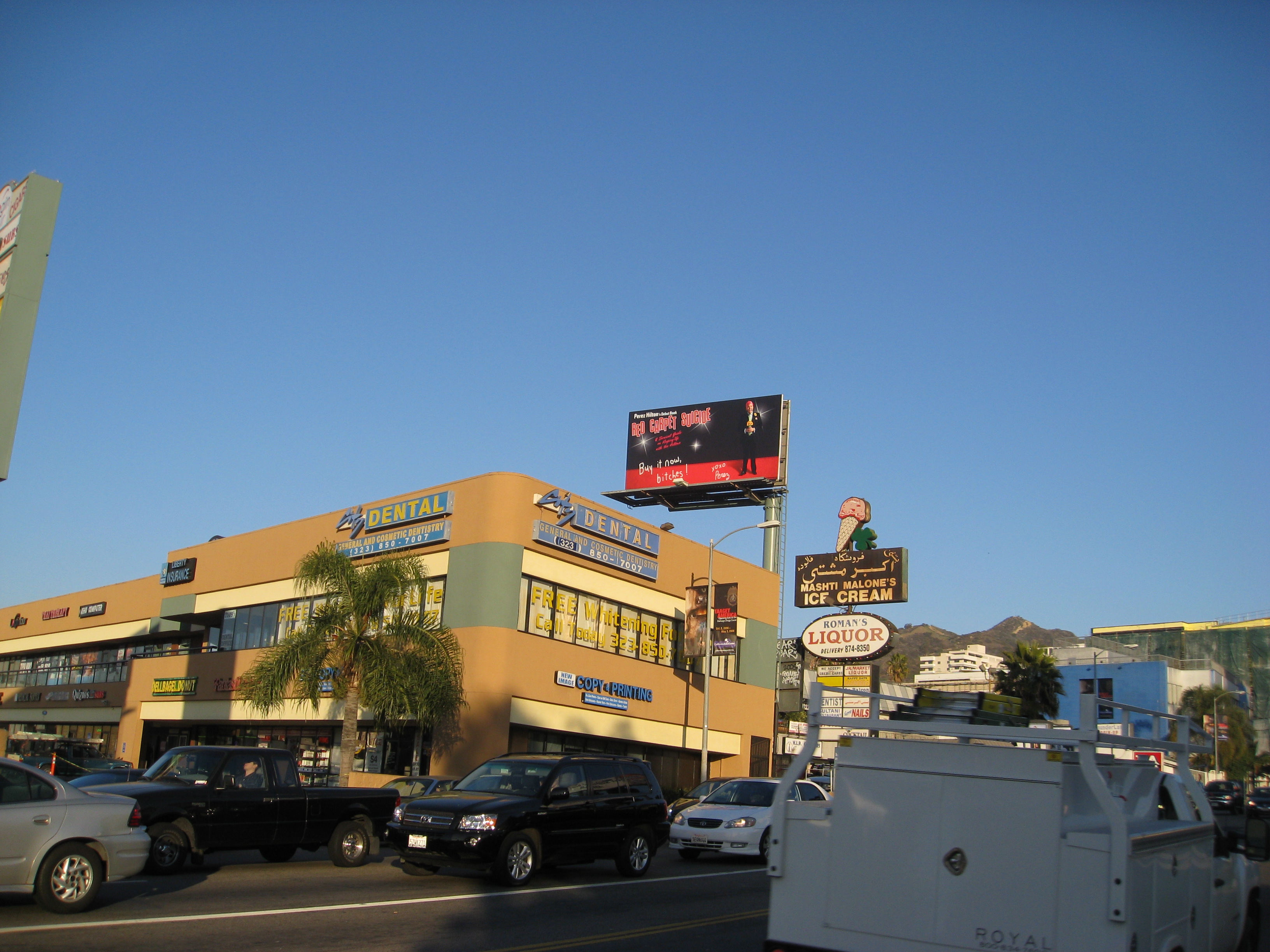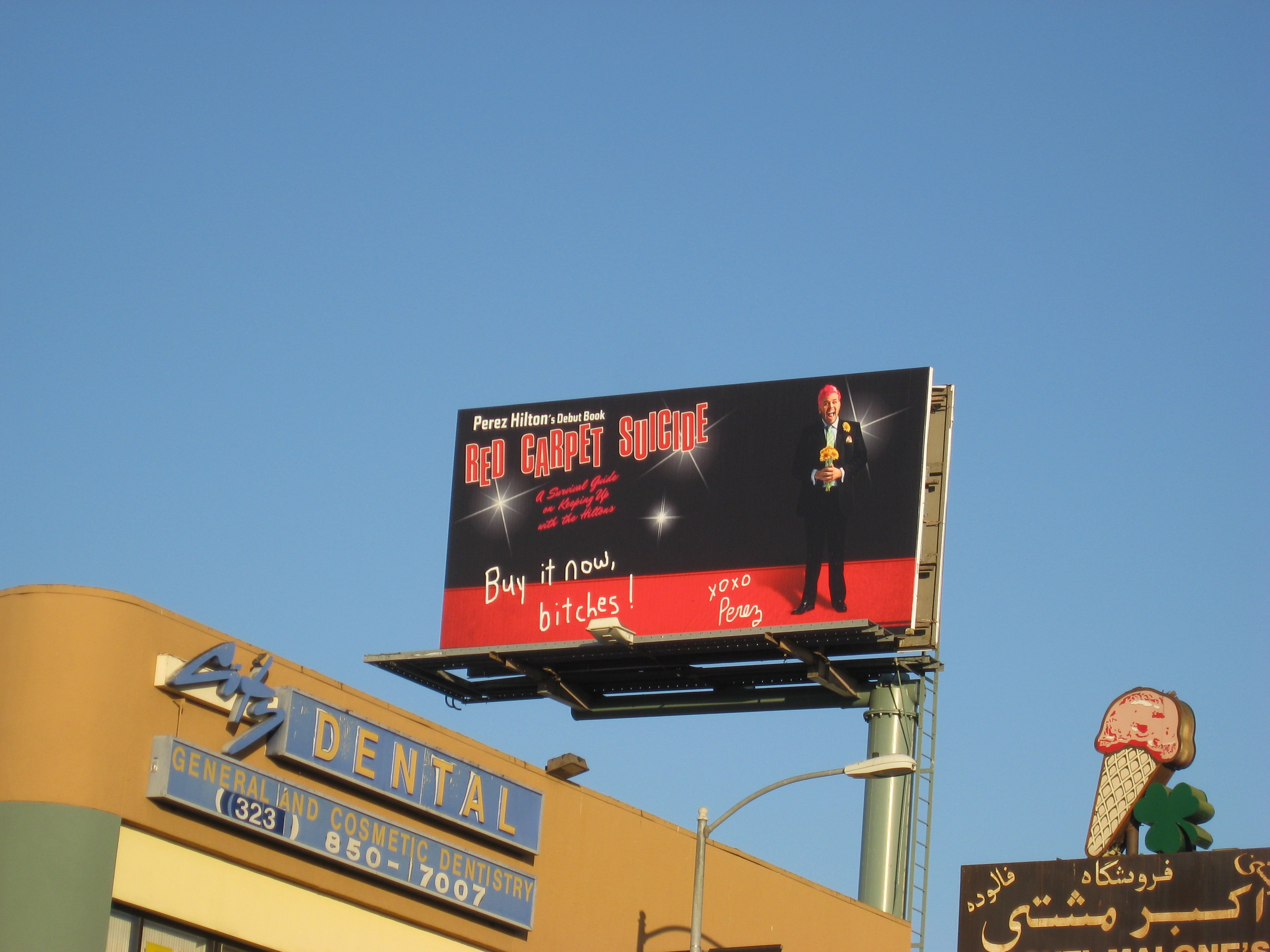Poor hedge hogs
by henrycopelandWednesday, January 14th, 2009
Bloomberg reports: “The hedge-fund industry shrank by about a fifth to $1.5 trillion at the end of the year from a peak of $1.9 trillion, Eurekahedge said.”
Since most hedge funds charge 2% of assets under management and 20% of profits, that amounts to at least a $10 billion decline in hedge fund fees.
That’s $10 billion a year less for yachts, Dalton/Spence/Chapin tuitions, fourth homes in Telluride, donations to eccentric causes, Greenwich McMansions, Lear Jets, trips to Venice. Gosh, where did it all go?
To put $10 billion in perspective, that’s roughly half the total online advertising market in ’07… money that went to pay thousands of journalists, bloggers, webmasters, hosts, programmers, ad mongers, server manufacturers, and, yes, a few media moguls who live in Greenwich.


